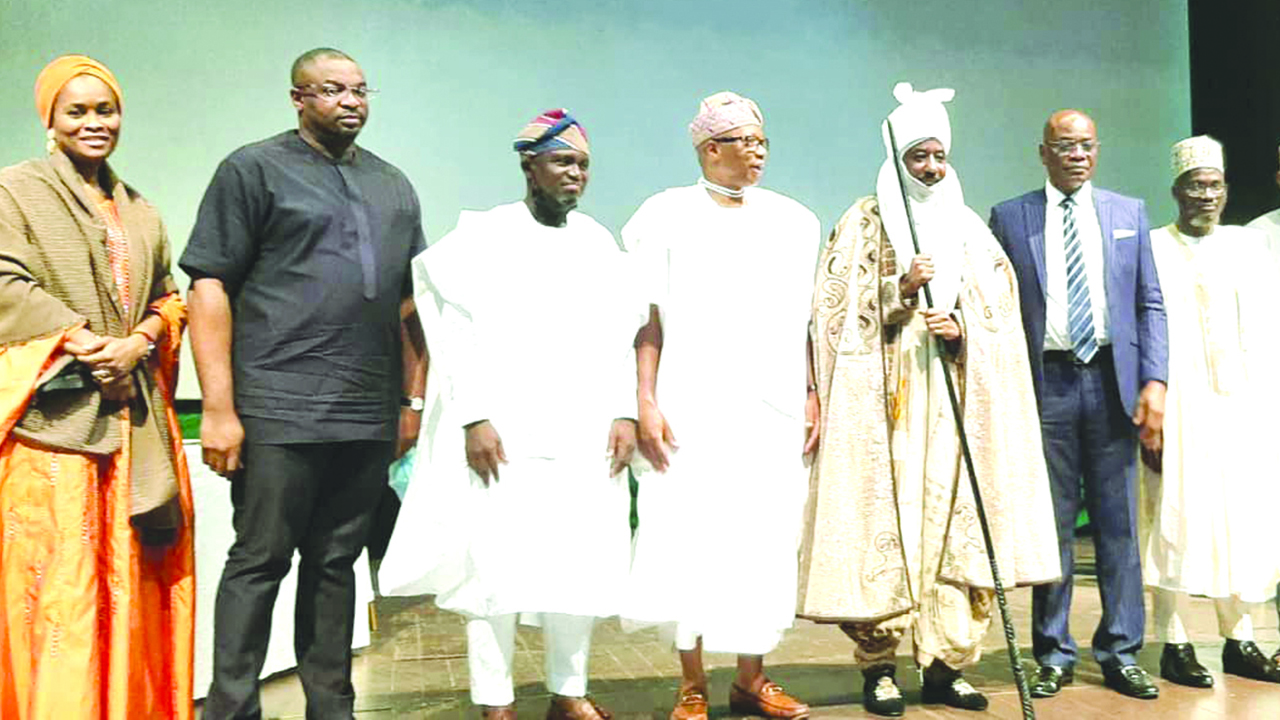
Sanusi said that when the non-interest banking system was introduced, the proposal met stiff rejection from a religious group.
Sanusi spoke during the 5th National Discourse of The Companion, an association of Muslim men in business and the professions at the J.F, Ade-Ajayi Main Auditorium, University of Lagos, Akoka.
He said the approval of non-interest banking in the country took a lot of effort and commitment as the Islamic Financial System generated unnecessary controversy along religious divides.
Sanusi stated that the benefits of non-interest banking are numerous and it was introduced to grow Nigeria’s financial system and encourage financial inclusion to put Nigeria right up with other financial centres in the world.
He added that despite the backlash, the project was achieved with the intervention of prominent non-Muslims.
The non-Muslims, he said, later embraced it on knowing the huge benefits inherent in it, as 40 per cent of those who initially subscribed for Jaiz Bank shares were non-Muslims.
Sanusi said there is no reason why Nigeria could not be the centre of Islamic banking in Africa.
The guest speaker, Prof AbdulRazzaq Alaro, debunked the perception that Islamic banking has an agenda to islamise Nigeria.
The professor of Islamic Law at the University of Ilorin, Kwara State, stated that the United Kingdom is the leading promoter of Islamic Banking and the Head of Islamic Finance in the World Bank, adding that Abayomi Alawode is a Nigerian Yoruba Christian.
According to him, Islamic Finance provides alternative investment and financing options.
This is evidenced by the growing demand for, and ever-increasing customer base of Islamic financial services in the country. From just one and only Non-Interest Financial Institution in 2012, the industry has grown in only one decade to four licensed full-fledged non-interest banks; a window of a conventional bank; and three microfinance banks among others,” he said.
Prof Alaro, a member of the Central Bank of Nigeria’s (CBN) Financial Regulatory Advisory Council of Experts, said that corporate entities, as well as the Nigerian government, have also benefitted from Islamic Banking.
National President of The Companion, Kamil Olalekan said the topic was influenced by timeliness and relevance to the Nigerian polity,” he said.
Vice-Chancellor, University of Lagos, Oluwatoyin Ogundipe the university senate has approved the Islamic Banking finance programme under the UNILAG Business School to start awarding post-graduate degrees.



